Thomas Paine’s Common Sense Inspires a Nation
The literary work most often credited with inspiring the American Revolution was a 47-page pamphlet called Common Sense. Published on January 10, 1776, and written by Thomas Paine, a recent immigrant from England, it caused everyday Americans to begin seriously thinking about an independent United States.
At the time of its publishing, America was a country already at war. The Siege of Boston was in its eighth month, following the Battles of Lexington and Concord and the terrible fight at Bunker Hill. The Second Continental Congress had been meeting since the previous May in Philadelphia, and rebellion was in the air.
To fully appreciate Common Sense, you must consider it from the perspective of someone living in colonial America at that time. All the colonists had ever known was a state of dependency on England and a government run by a King. Now Common Sense challenged them to consider separating from that powerful nation and replacing the King with something called a democracy.
Importantly, Paine put Common Sense into the words of the everyday man, not the rhetoric of those educated at Harvard or William and Mary. He wrote it so those gathered in taverns and coffee houses and around kitchen tables could understand its meaning.
Paine begins his work by explaining that people form societies to gain security. He declares, “Society in every state is a blessing, but Government, even in its best state, is but a necessary evil.” The goal of the people, therefore, should be to find the form of government that “appears most likely to ensure it (security) to us, with the least expense.”
Paine then discusses why a hereditary monarchy like England’s is the worst form of government, one with no natural reason to exist. He points out, “all men being originally equals, no one by birth could have a right to set up his family in perpetual preference to all others forever.” Those words rang true in the minds of most Americans.
Next, Paine gets to the core of the argument, offering “nothing more than simple facts, plain arguments, and common sense” about why a complete separation from England is the best course of action for the American colonies.
Paine famously states, “The sun never shined on a cause of greater worth.” He believes, “Now is the seed-time of Continental union, faith, and honour” and any chance at reconciliation with England ended with the battles of Lexington and Concord on April 19, 1775. Given the recent bloodshed, most Americans heartily agreed.
Additionally, as Paine points out, Great Britain’s motive in protecting America “was interest, not attachment; she did not protect us from our enemies on our account, but from her own enemies on her own account.” America was just an asset to be protected, and that alone was its value to England.
Paine mentions the false claim that England was the “Mother Country” suggesting the existence of a maternal attachment. As Paine explains, colonists fled to America “not from the tender embraces of the mother, but from the cruelty of the monster.” Moreover, he reminds his readers that less than one third of the inhabitants in America were of English descent, a point most colonists overlooked.
He further argues that America, even though it is in its infancy, could sustain her independence. As he sees it, the population of America is “sufficiently numerous”, and the continent possesses virtually limitless natural resources. His words gave encouragement to the colonists that they were up to the task at hand.
Given the bloodshed already expended, Paine also questions the wisdom of reconciling with England and entrusting her with our future safety. He writes, “Common sense will tell us, that the power that hath endeavored to subdue us, is of all others, the most improper to defend us.”
He closes with a practical reminder that “while we profess ourselves the subjects of Britain, we must, in the eyes of foreign nations, be considered as Rebels.” Thus, only by a full declaration of independence, could America truly justify its righteous cause in the eyes of the world.
Paine’s well-reasoned argument resonated with everyday Americans and his timing was perfect. As they say, the rest is history.
WHY IT MATTERS
So why should Thomas Paine’s Common Sense matter to us today? When Common Sense was published in January 1776, Paine’s work helped turn the general population in the colonies away from a reconciliation with Great Britain to a complete separation and an independent America.
Paine took a concept previously discussed primarily in political circles and made it into an American public debate. As Thomas Paine pointed out, common sense dictated America should declare its independence.
SUGGESTED READING
Common Sense, written by Thomas Paine, is a must read for all Americans. It provided the inspiration to hundreds of thousands of our ancestors to declare America’s independence.
PLACES TO VISIT
The Thomas Paine Cottage in New Rochelle, New York is on a small parcel of the farm given to Thomas Paine by the State of New York in 1784 for his services to the country. The house, completely renovated in 2009, and the adjacent museum are worth a visit.

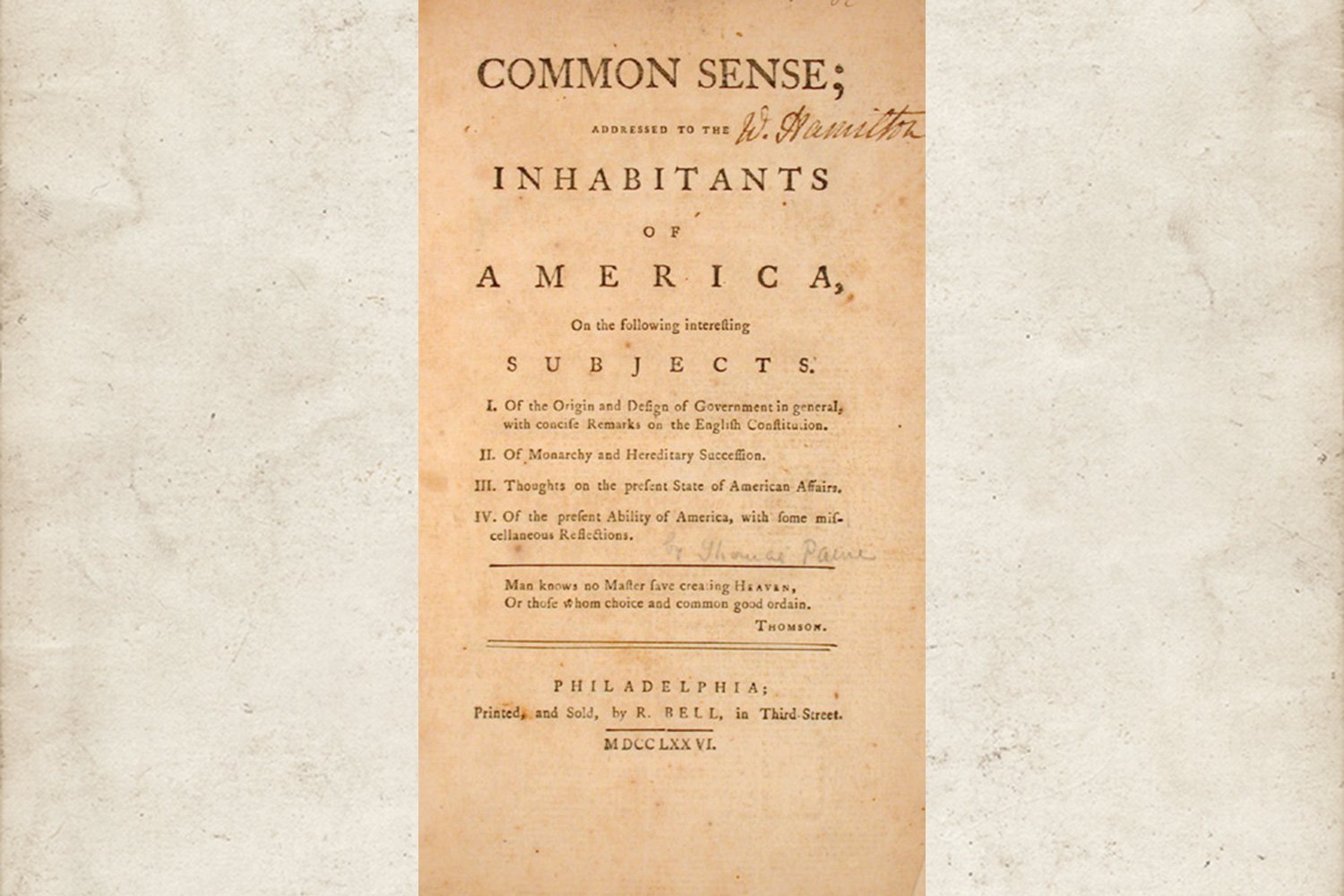
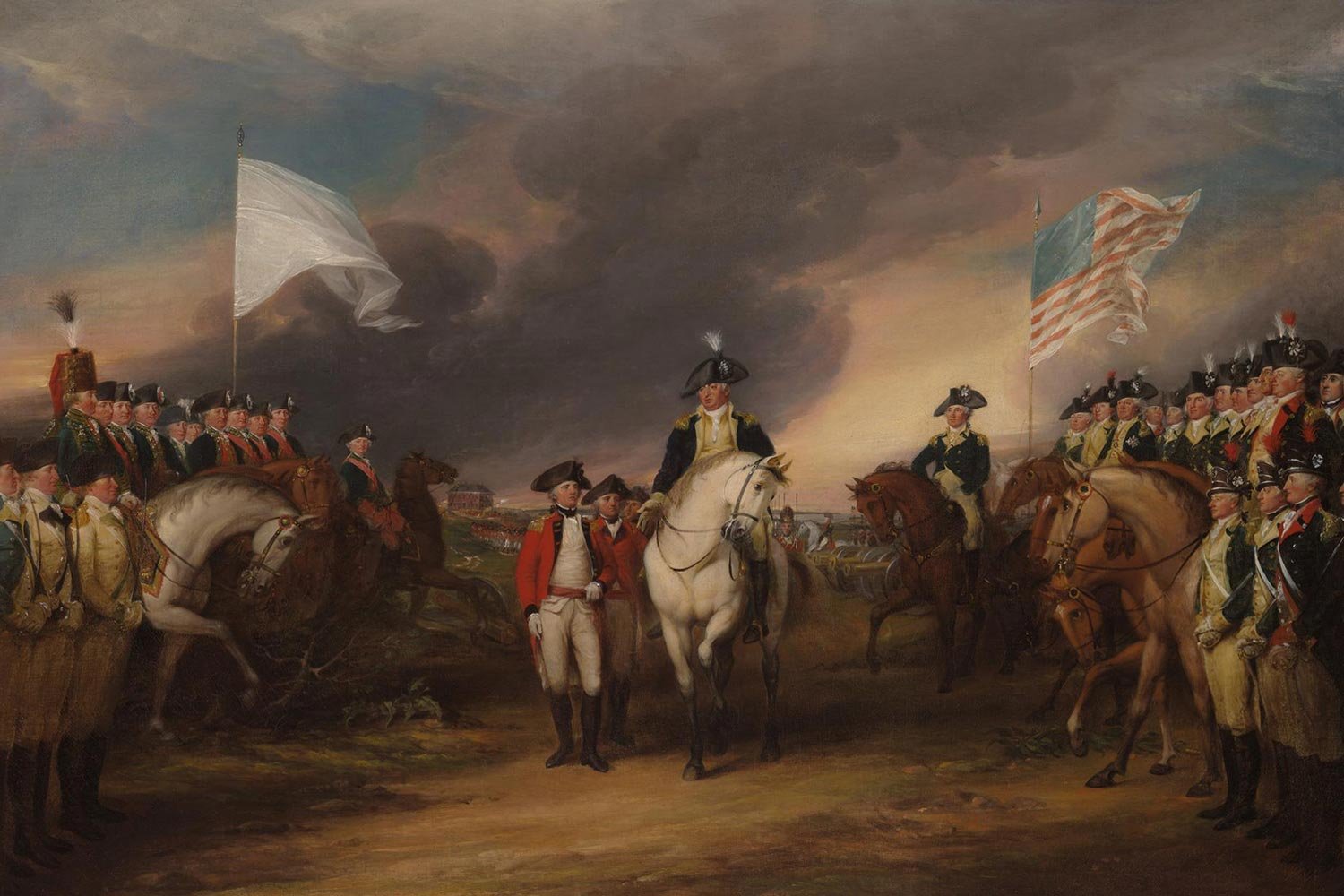
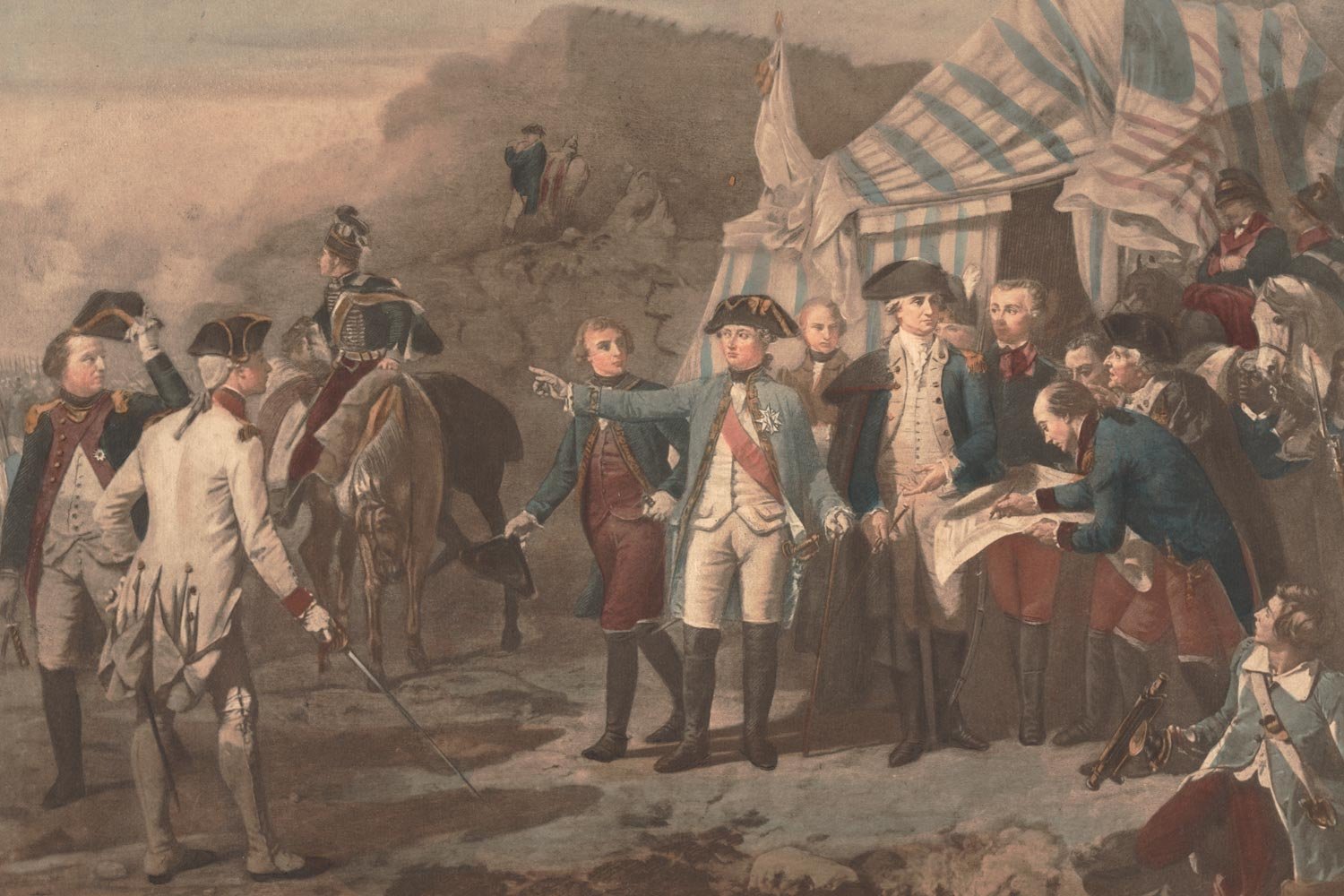


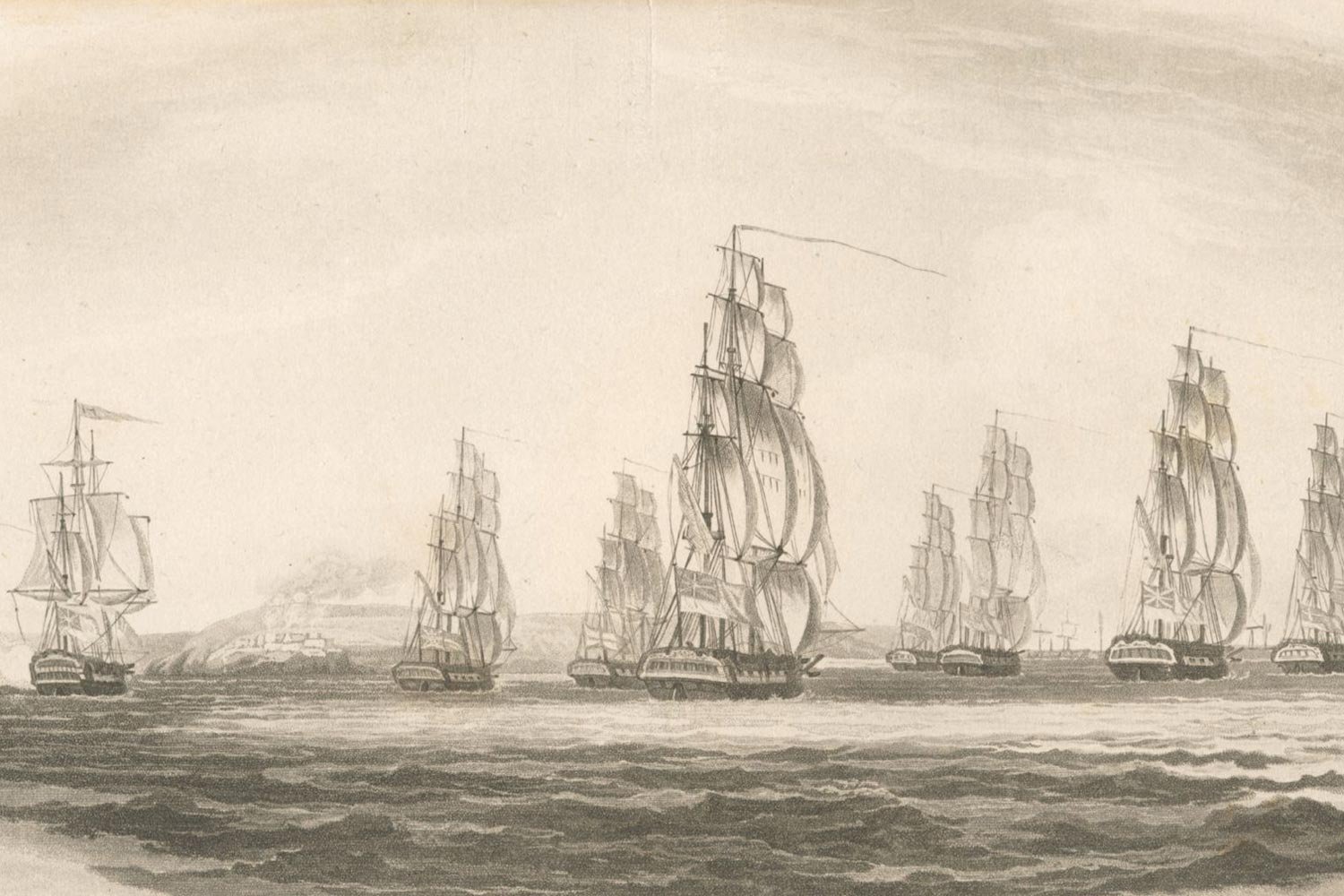
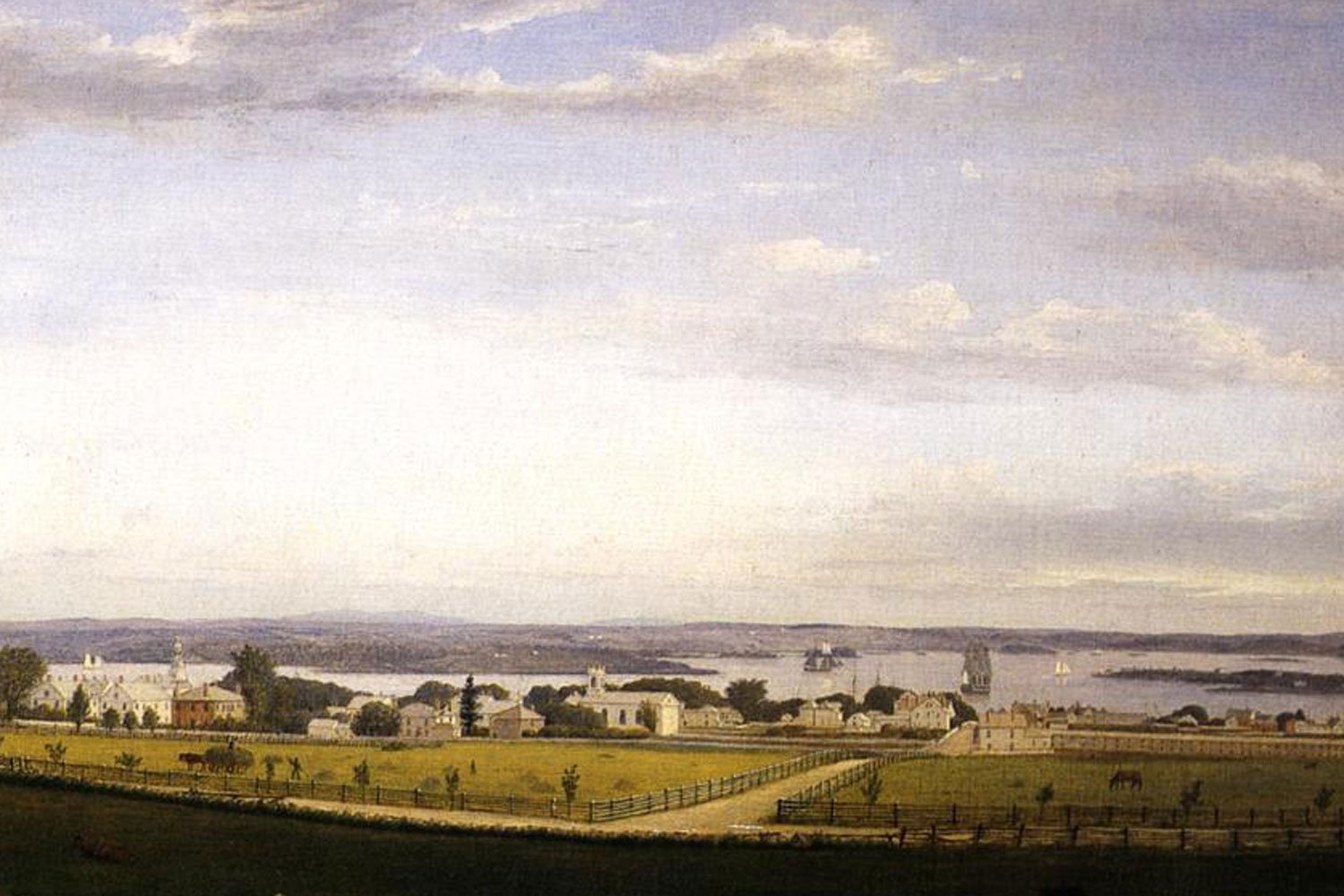


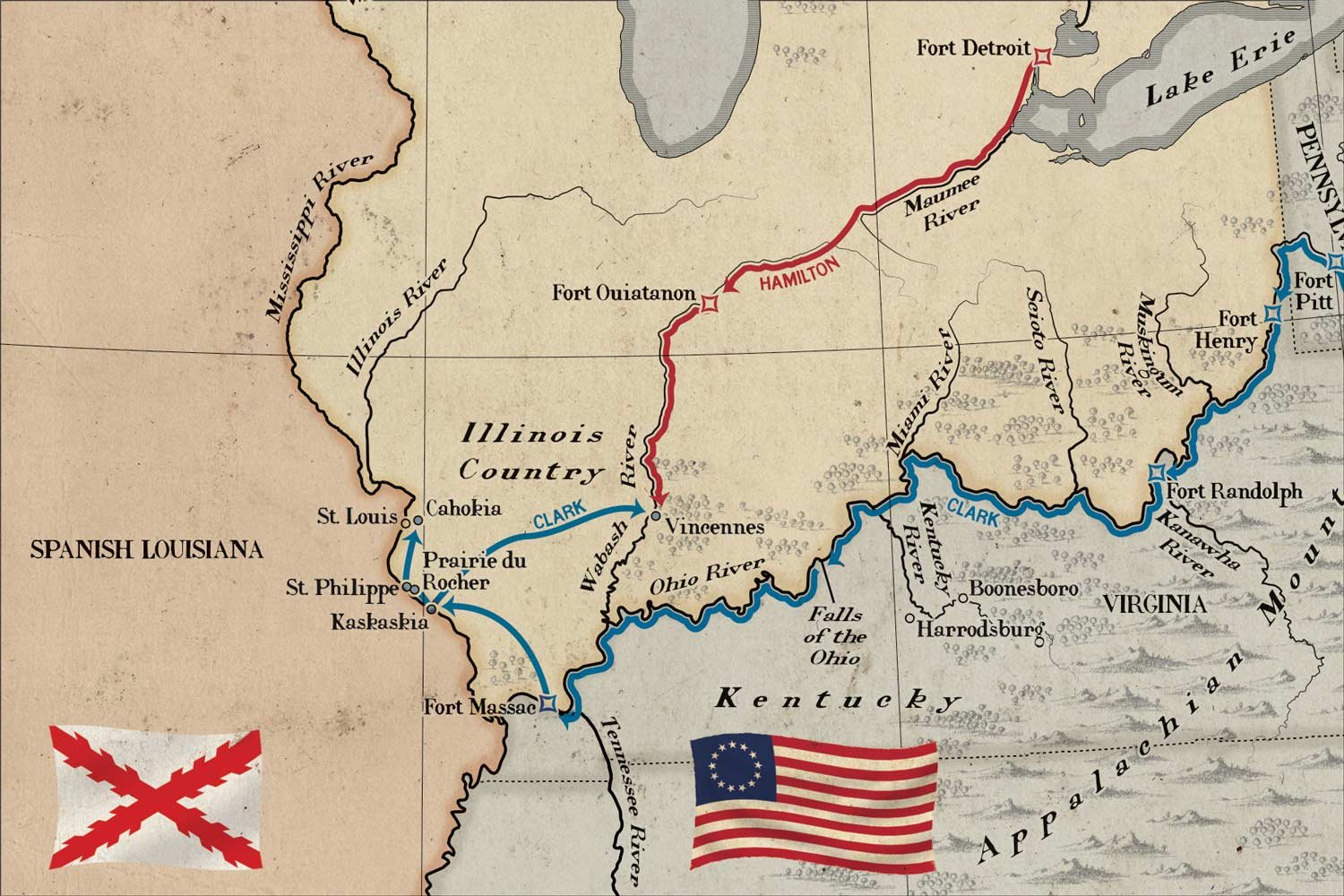
After Lord Charles Cornwallis surrendered to General George Washington in Yorktown on October 19, 1781, English officials reached the painful conclusion that the war was simply too costly to continue. Not only was the war in North America expensive to prosecute, but it was also a distraction from England’s defense of their more lucrative possessions elsewhere in the world, such as the sugar islands in the Caribbean and trading posts in India.